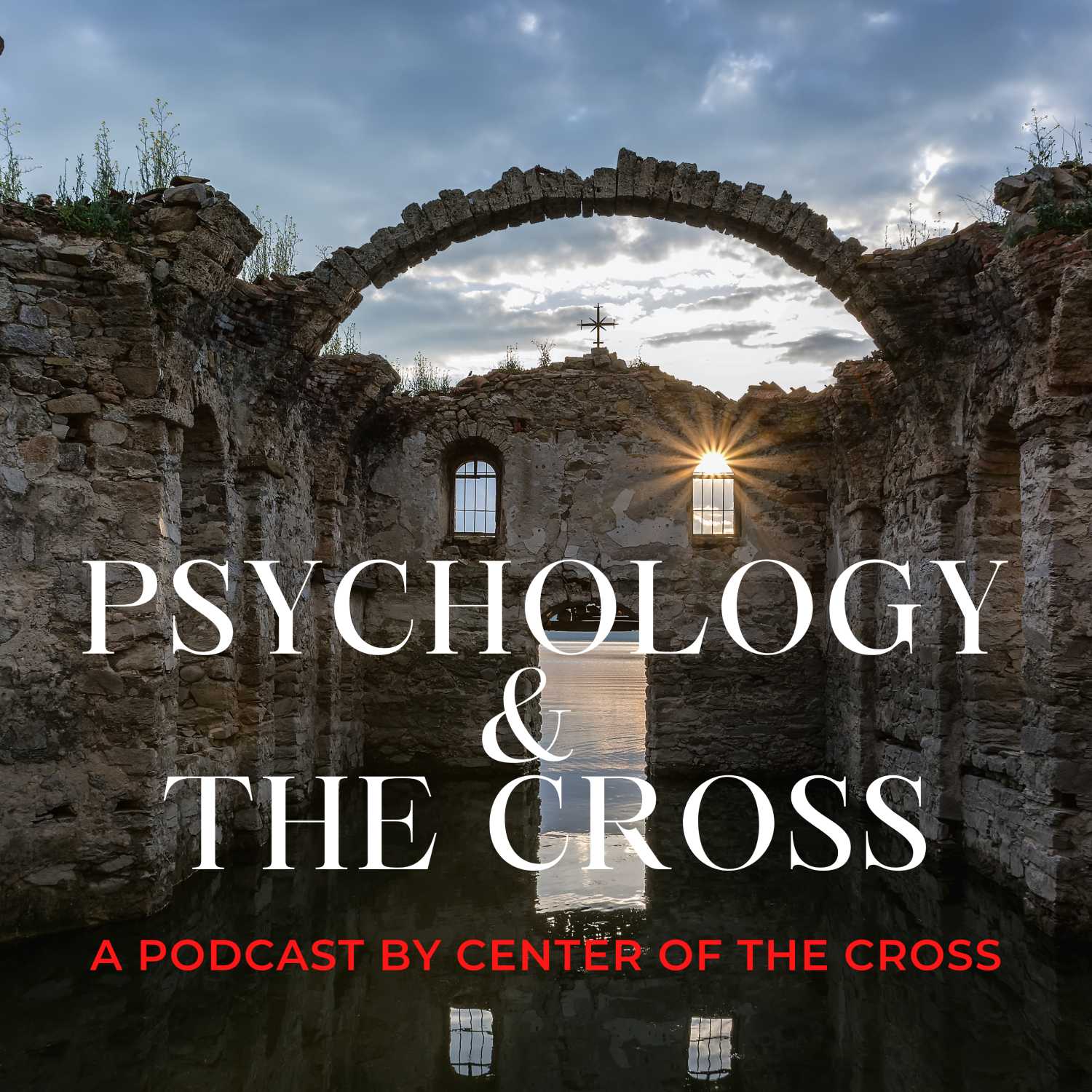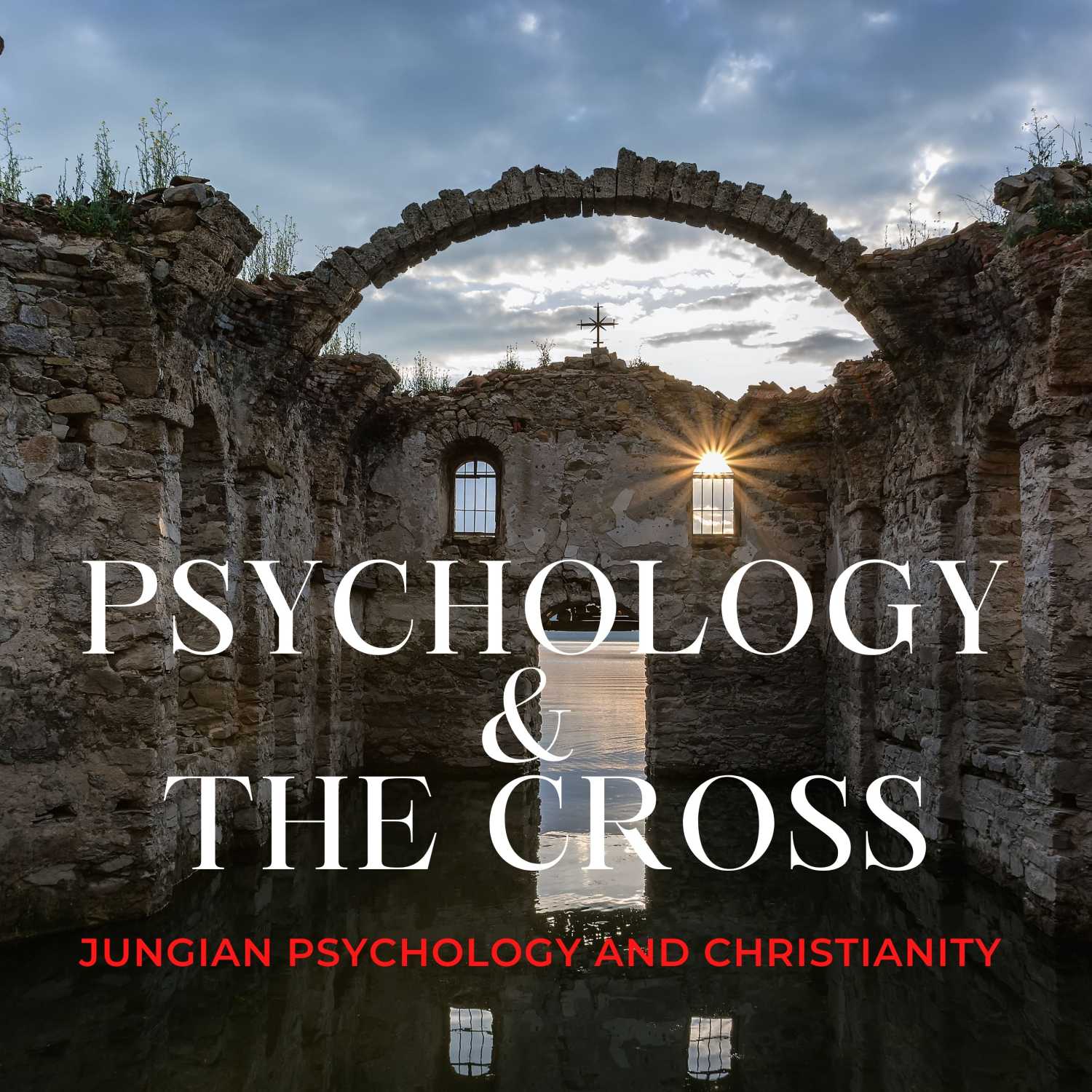
Psychology & The Cross: Foundations of Jungian Psychology
6
of
23
episodes indexed
Back to Search
-
All Episodes
C.G Jung & Kierkegaard on anxiety, despair & neurosis (Extra material E02)
by Center of the Cross
May 27th 2021
00:04:07
Description
In this short segment, Amy Cook explains Kierkegaard and Jung's views on anxiety, despair and neurosis and the potential held in mental suffering. This is bonus material to an More
00:00:00
So I think one could be familiar with Jung and how he characterizes neurosis as this painful lack of feeling of wholeness. that is remedied through a spiritual self healing. and it's a self in that brings the expression and emergence of a true self. It's quite a refreshing take, isn't it? On something that I think we on the most part wants to be rid of as quickly as uh as possible. but what's really interesting is when you start reading Kierkegaard and Jung and you can detect the same sense. Sometimes even similar, similar ways of speaking, about certain goes beats of the self that is at war with itself as a despair of defiance. No, sorry, that's a despair weakness. It's a refusal to be the self that you are hurt angle's not speaking in terms of neurosis, he's using terms anxiety it's got a lot of despair, you know, we could do a whole podcast on the different forms of despair.
00:01:11
You know, there's a lot of them, but there is this sense in Kierkegaard that in our in our anxiety, we are not our true selves rather, it's through our anxiety that we become ourselves. So, where Kierkegaard and Jung are united is in this thing that we don't cure neurosis, it's a neurosis that cures us by saving the neurosis, but of course I'm referring here in Kirkegaard to when he's talking about anxiety and despair. So, and, you know, it links them so deeply because this anxiety, this restlessness that Kirkegaard talks so much about this such great leap, it defines our very being, this this existential restlessness,, this is so vital for life in the same way that Jung's neurosis really, it's it's an opportunity for us. It's an opportunity of self awareness and self awakening.
00:02:13
So the roots of our distress they both see is laying in these undeveloped potentialities that we have. so the sharing this view that despair is not the illness, you know, this is part of the process. It's it's self deceptions that are the illness and that too many of us are in despair of being the self that we are and this is something that Kierkegaard and Jung are both absolutely agreed upon, you know, that they each live in an age where too many people are in despair of being themselves and that individuals must willingly choose to be themselves. Well, Jung says thank Heaven he could make up his mind to be an neuorotic we find Kirkegaard saying, hurry up and despair, you will find no happiness until you do so. Pleasure disappoints, but possibility never. So, coming back to this sense of existential restlessness, this vital sign of life, you know, speaks of it as an inner longing for God that constantly disturbs the relationship between body and soul.
00:03:25
So, I think whatever we call this an existential restlessness angst anxiety neurosis, what Kierkegaard and Jung are urging us to do is to understand our distress through the lens of undeveloped potential. You know, so we must suffer and we must will to learn from from our suffering because it's making accessible a self awareness that marks the beginning of an authentic selfhood.

C.G Jung & Kierkegaard on anxiety, despair & neurosis (Extra material E02)
C.G Jung & Kierkegaard on anxiety, despair & neurosis (Extra material E02)
replay_10 forward_10
1.0x